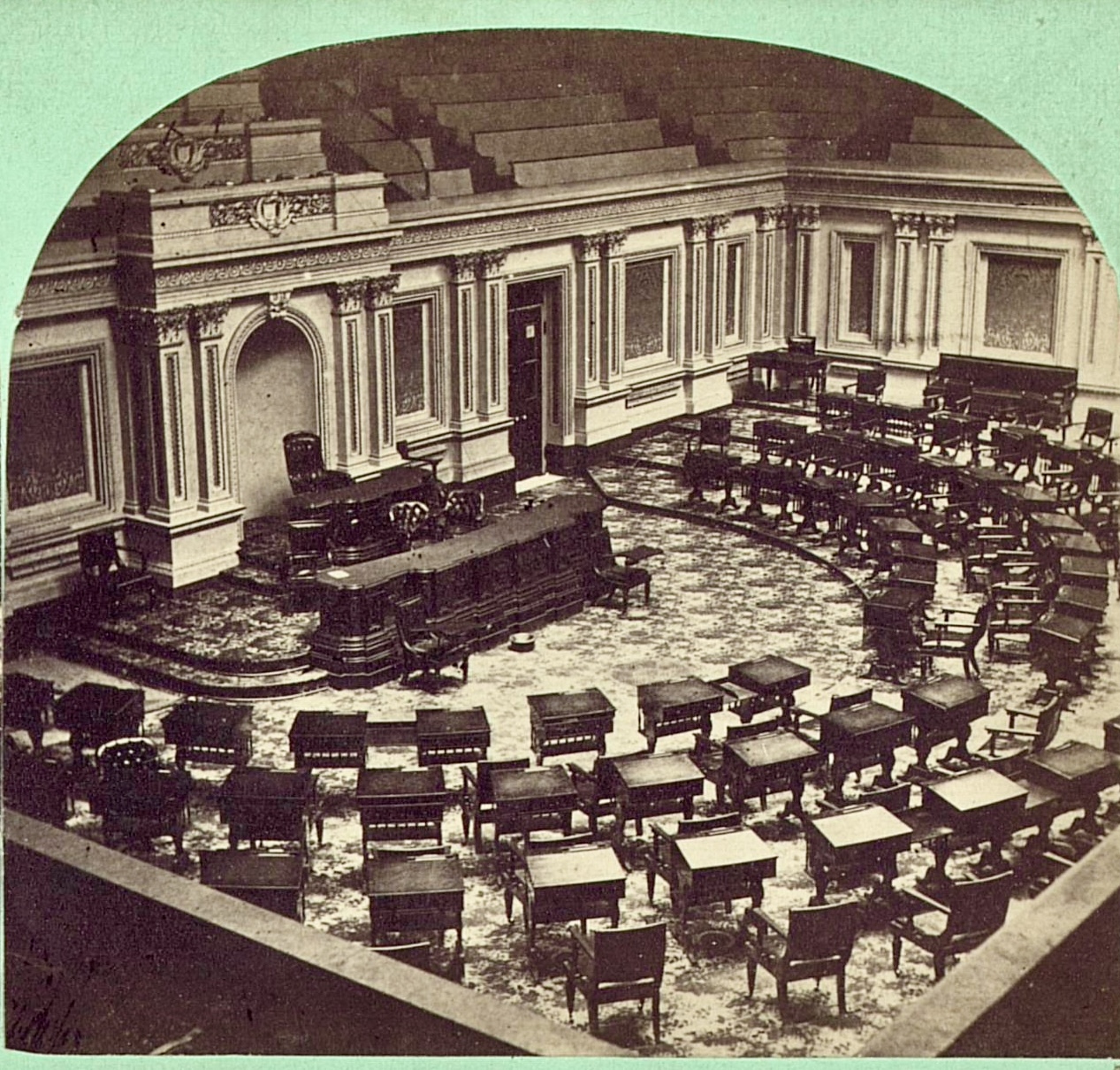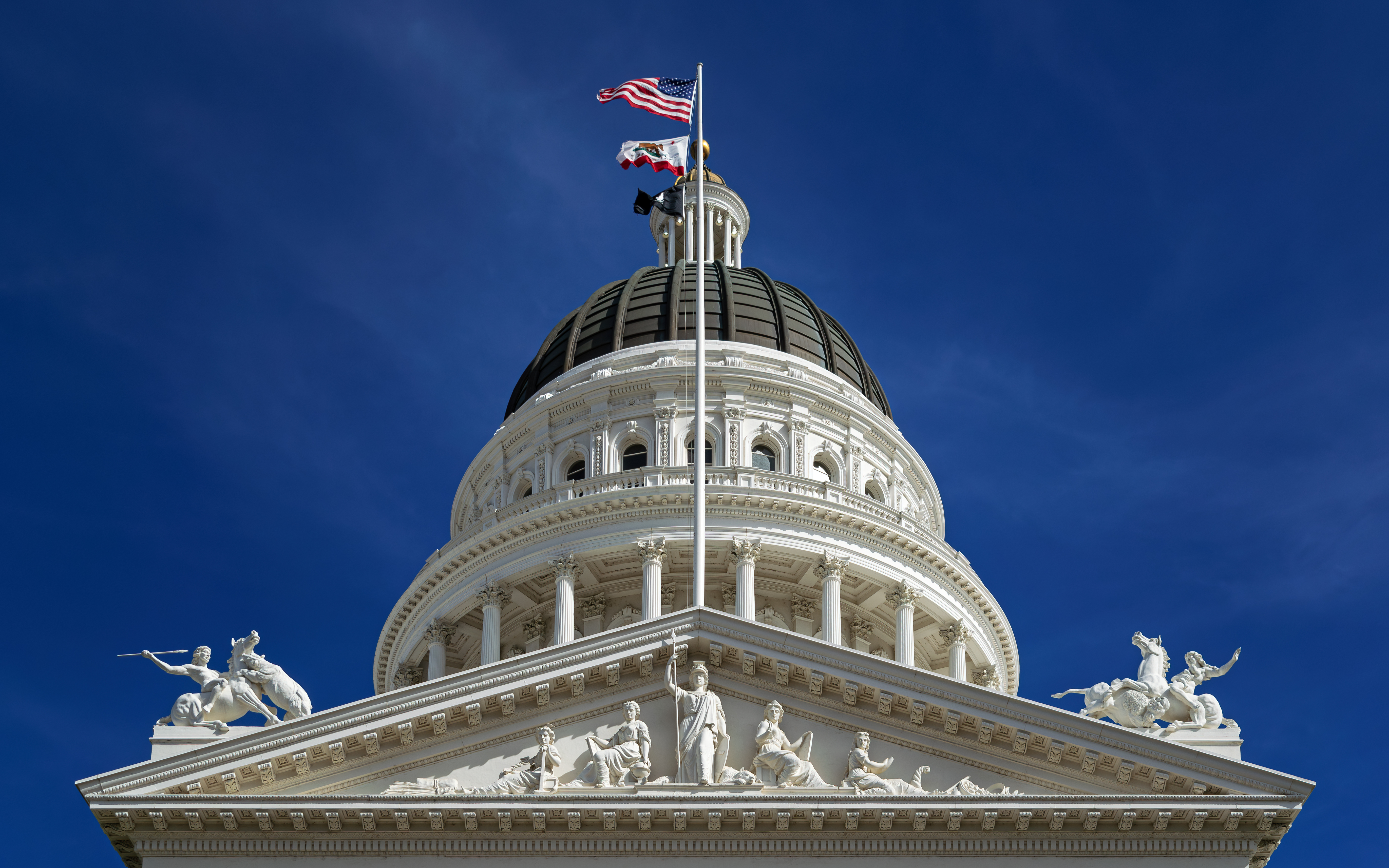President Trump’s confirmation that national concealed carry reciprocity is actively “being discussed” marks a watershed moment for constitutional restoration in America. After years of watching law-abiding citizens navigate an unconstitutional maze of conflicting state regulations, the Trump administration is preparing to deliver on a promise that could fundamentally reshape how Americans exercise their Second Amendment rights.
The president’s straightforward analogy cuts through decades of bureaucratic nonsense: “If you have a driver’s license, you can drive in all 50 states. If you have a concealed carry permit, you should be able to carry in all 50 states.” This common-sense approach exposes the absurdity of treating a constitutional right as less portable than a state-issued privilege.
Rep. Richard Hudson’s H.R. 38, the Constitutional Concealed Carry Reciprocity Act, already enjoys bipartisan support in Congress—a clear signal that this transcends partisan politics and represents fundamental American values. The legislation would require states to recognize concealed carry permits from other states, just as they do with driver’s licenses, professional certifications, and marriage licenses.
The economic implications alone are staggering. Millions of Americans currently avoid interstate travel or commerce because navigating the patchwork of carry laws requires legal expertise that ordinary citizens shouldn’t need. Business travelers, truckers, and families visiting relatives across state lines have been effectively penalized for exercising their constitutional rights. National reciprocity would unleash a wave of economic activity while restoring practical liberty to law-abiding Americans.
This development represents a rare instance where federal action actually expands individual freedom rather than constraining it—a perfect embodiment of America First governance. While the administrative state typically uses federal power to create new restrictions, Trump’s approach leverages federal authority to tear down barriers erected by blue-state bureaucrats who’ve spent decades making constitutional rights practically unusable.
The timing is particularly significant. With Kash Patel nominated for FBI Director and Pam Bondi for Attorney General—both present during Trump’s reciprocity comments—the administration is clearly coordinating law enforcement leadership around constitutional restoration. This isn’t accidental; it’s strategic governance that recognizes the Second Amendment as fundamental to American liberty.
Critics will inevitably claim this undermines “states’ rights,” but they fundamentally misunderstand constitutional hierarchy. States have no right to nullify constitutional protections, just as they couldn’t ignore the First Amendment or due process rights. The Fourteenth Amendment’s Equal Protection Clause already requires states to respect fundamental rights—national reciprocity simply enforces existing constitutional obligations.
The broader implications extend far beyond firearms policy. For decades, progressive states have weaponized regulatory complexity to create “constitutional deserts” where rights exist on paper but prove practically inaccessible to ordinary Americans. National reciprocity would demolish this entire framework, establishing precedent for constitutional rights that travel with American citizens regardless of state boundaries.
Trump’s consistent advocacy since 2015 demonstrates this isn’t political opportunism but principled constitutional governance. While establishment Republicans offered empty promises and Democrats pushed outright confiscation, Trump recognized that expanding practical access to constitutional rights resonates with working Americans who refuse to surrender their heritage to coastal elites.
The path forward requires sustained pressure on Congress to prioritize H.R. 38 early in Trump’s term. With Republican control of both chambers and clear presidential support, the stars are aligned for the most significant Second Amendment victory in generations.
This represents exactly the kind of Reagan-style optimism that built the conservative movement—using government power not to constrain freedom, but to liberate it from bureaucratic tyranny. After years of defensive battles against gun-grabbing extremists, patriots finally have the opportunity to go on offense, expanding liberty while strengthening constitutional protections for future generations.
The message to law-abiding Americans is clear: your rights are coming home.





